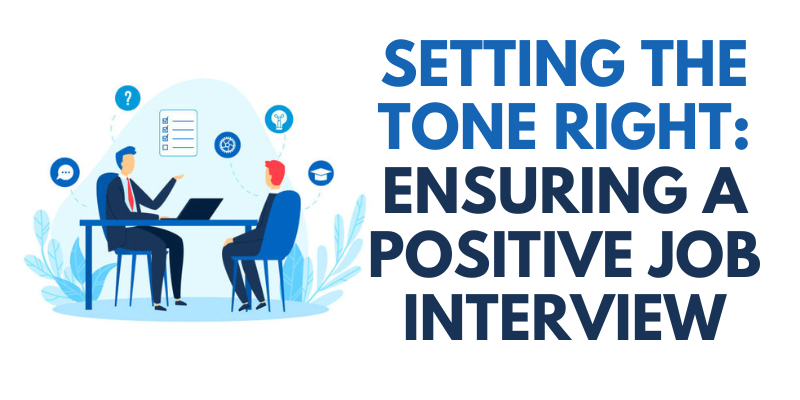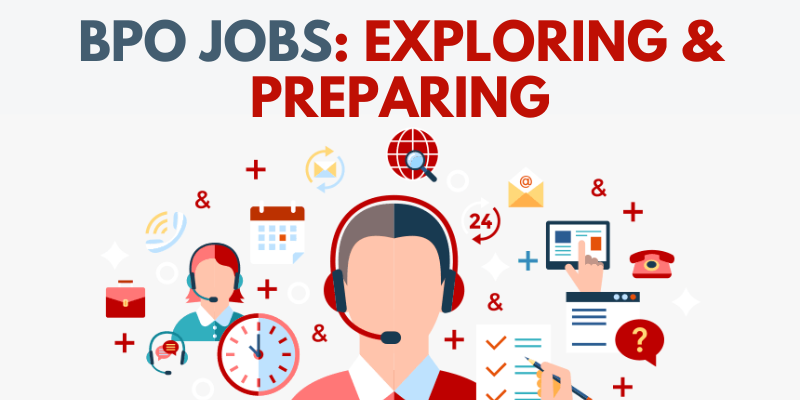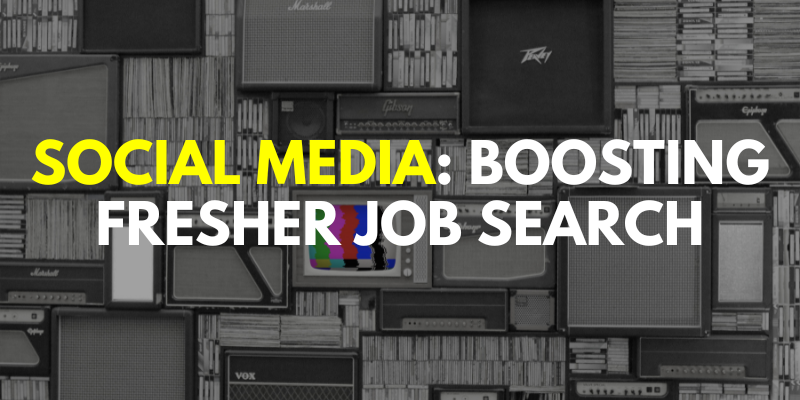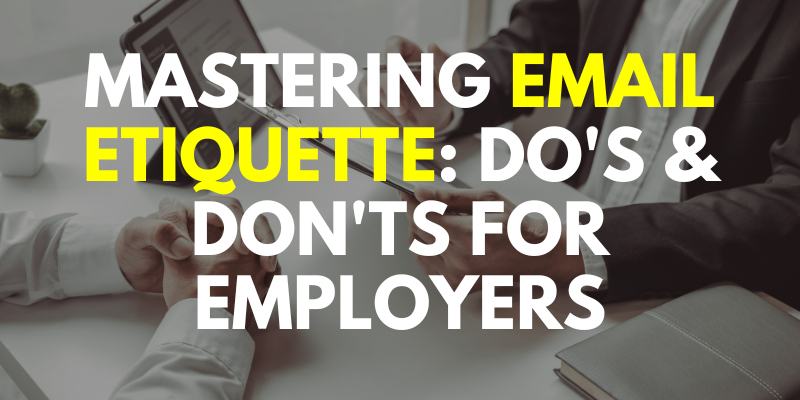Setting the Tone Right: Ensuring a Positive Job Interview
Job interviews are pivotal moments in one’s career journey. They offer a chance to showcase your skills, experience, and personality to potential employers. Making a positive first impression during a job interview is not only crucial but can also set the tone for the rest of the interview. This blog article will go into detail on how to make a strong first impression that will stick with people and increase your chances of success.








